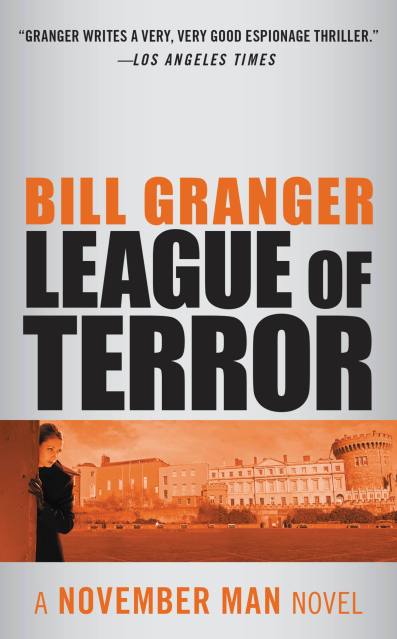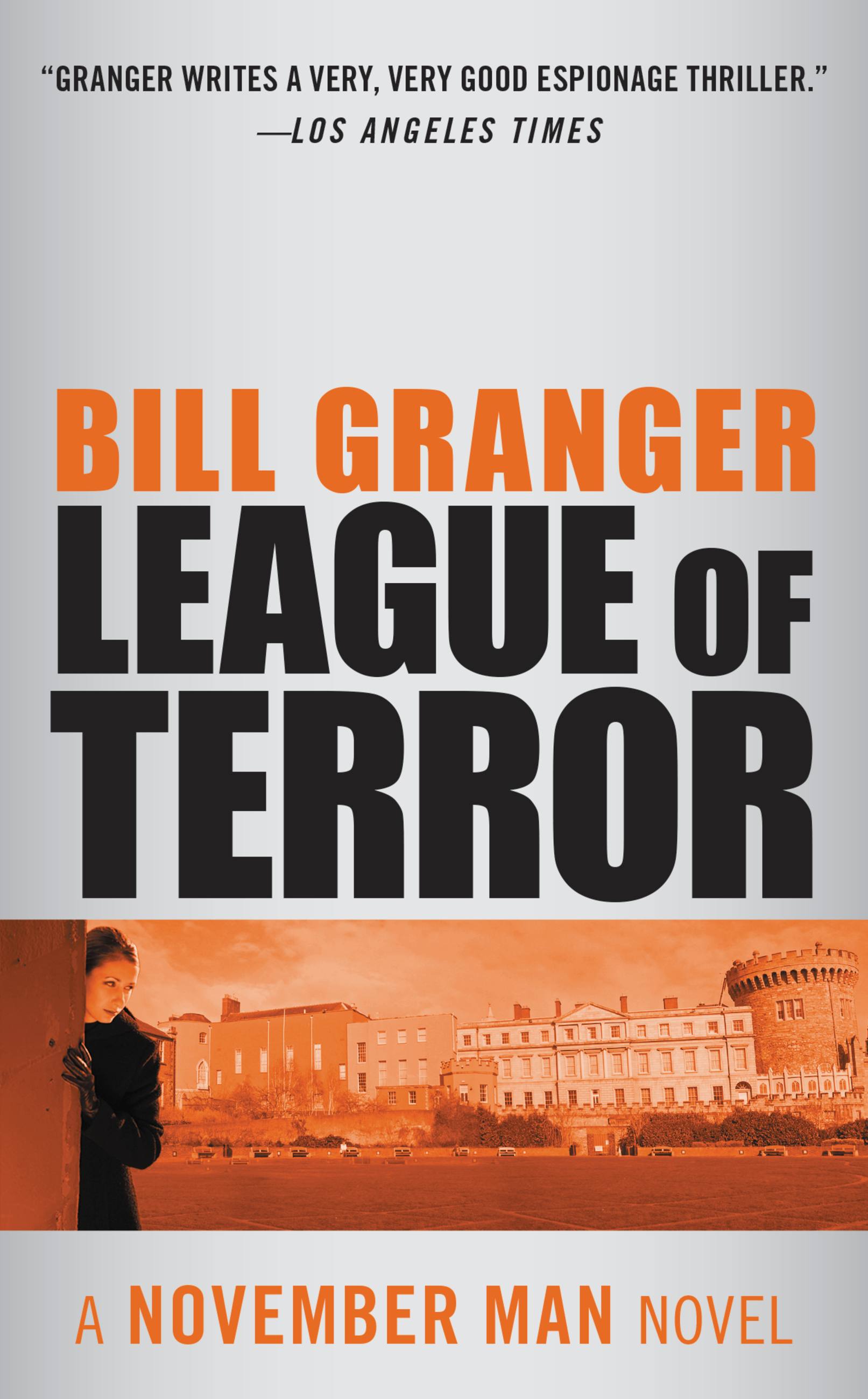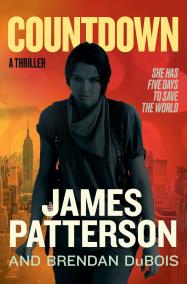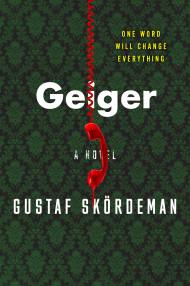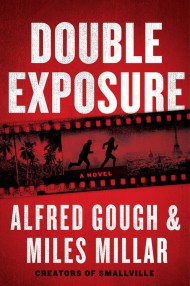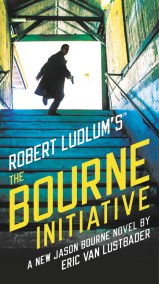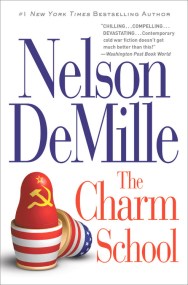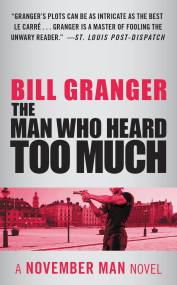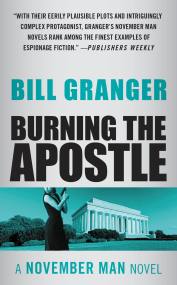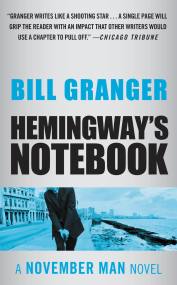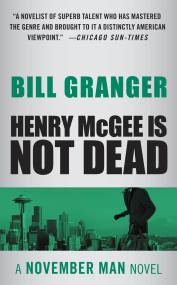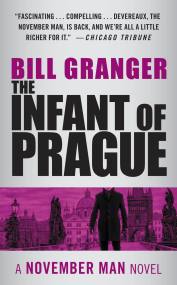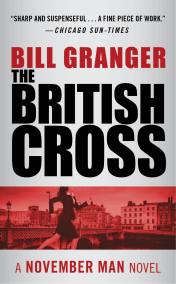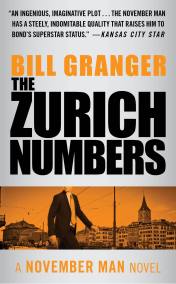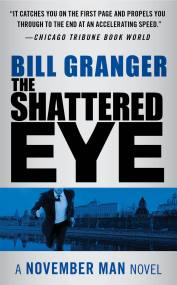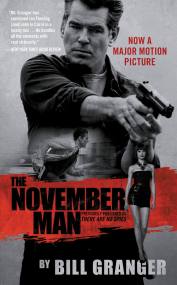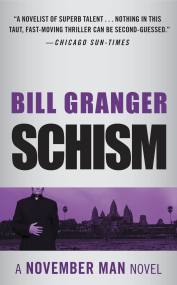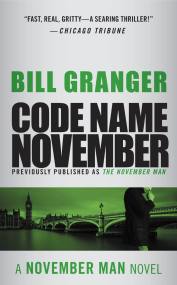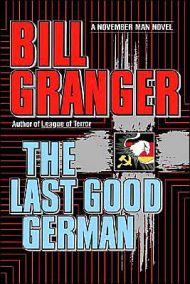Promotion
Use code MOM24 for 20% off site wide + free shipping over $45
League of Terror
Contributors
By Bill Granger
Formats and Prices
Price
$7.99Price
$9.99 CADFormat
Format:
ebook (Digital original) $7.99 $9.99 CADThis item is a preorder. Your payment method will be charged immediately, and the product is expected to ship on or around January 13, 2015. This date is subject to change due to shipping delays beyond our control.
Also available from:
The armistice has been all but signed. The Cold War is over. The world has no further use for spies. Or so it would seem.
Fortunately, Devereaux–the spy they call November–knows better. Even now, he finds himself and his implacable nemesis locked in a deadly battle. The backdrop is the secret war of terrorism waged by an insidious mastermind combining the bloodiest back-alley tactics of Irish republicanism with the sleek financial machinations of Wall Street. The stakes are deeply personal, for an assassin has struck at Rita Macklin, the journalist who loves the November Man. Now Devereaux has but a single goal: kill Henry McGee, before he can strike again.
Genre:
- On Sale
- Jan 13, 2015
- Page Count
- 320 pages
- Publisher
- Grand Central Publishing
- ISBN-13
- 9781455530250
Newsletter Signup
By clicking ‘Sign Up,’ I acknowledge that I have read and agree to Hachette Book Group’s Privacy Policy and Terms of Use
